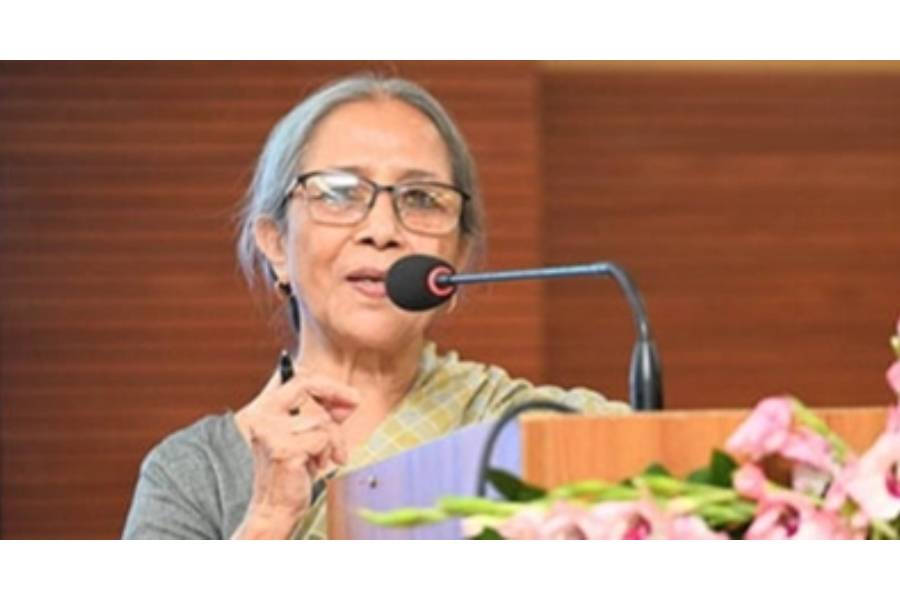
Published :
Updated :

Adviser Farida Akhter on Sunday warned that Bangladesh is facing a ‘severe, silent threat’ as the uncontrolled use of antibiotics continues to spread across hospitals, farms, fisheries and agricultural fields.
“While the recent 5.7-magnitude earthquake caused public anxiety, a much bigger and more lasting threat is emerging from the excessive and irrational use of antibiotics,” she said.
Speaking at a multi-sectoral One Health AMR seminar marking the World Antimicrobial Resistance Awareness Week 2025 in a city hotel, Adviser Farida said antimicrobial resistance (AMR) cannot be addressed without preventive practices, strong regulatory measures and effective One Health collaboration.
Citing data, Adviser Farida said the antibiotic resistance rate in Bangladesh has already reached 94 percent, which she described as ‘highly alarming’.
In the poultry sector alone, antibiotic usage stands at 76.9 percent, directly affecting public health and the environment. The impact of resistance, she added, is long-term and endangers future generations.
“There is still a widespread belief in rural areas that a doctor is good only if they prescribe antibiotics or give injections. Parents often demand antibiotics for children when fever doesn’t subside — even 11-month-old babies are becoming resistant, which is extremely worrying,” she said.
The adviser stressed that health interventions must go beyond humans, adding that animal, forest and wildlife health are interconnected.
“Food, animals and human health are deeply linked. That is why the One Health approach is essential. With antibiotics being used so widely in animals, there is no solution without One Health,” Farida added.
Calling for antibiotic-free food, Farida said ensuring safe food is a prerequisite for public health. Public demand for safe and antibiotic-free products must be strengthened — “We want antibiotic-free chicken, we want antibiotic-free fish,” she added.
Adviser Farida said building social pressure and awareness on safe food is one of the most effective ways to combat resistance. Schools and educational institutions must continue year-round awareness programmes, supported by campaigns on relevant national days.
Referring to her recent experience at a climate conference in Brazil, the adviser noted that worsening global warming is contributing to the emergence of new diseases and increasing the risks of antimicrobial resistance.


 For all latest news, follow The Financial Express Google News channel.
For all latest news, follow The Financial Express Google News channel.